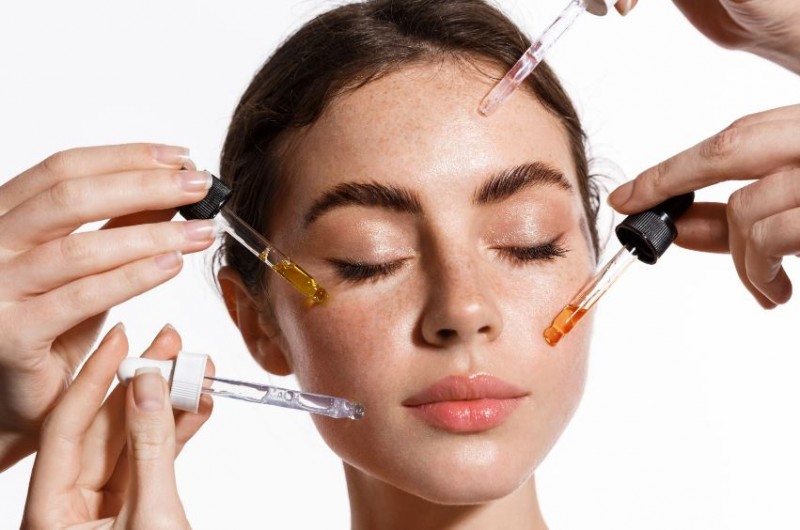
Everyone dreams of having healthy, glowing skin, and achieving this often leads individuals to experiment with various home remedies and skincare products. The market is filled with an array of options, but not every product will suit everyone. To help you navigate this vast landscape, here are some essential considerations to keep in mind when selecting skincare products.
1. Understand Your Skin Type
The first and most crucial step in choosing skincare products is identifying your skin type. Skin can generally be classified into five categories: oily, dry, combination, sensitive, and normal. Understanding your skin type allows you to choose products specifically formulated for your needs.
Oily Skin: Look for oil-free, non-comedogenic products.
Dry Skin: Opt for moisturizing creams and hydrating ingredients like hyaluronic acid.
Combination Skin: Choose products that balance both oily and dry areas.
Sensitive Skin: Avoid harsh chemicals; look for hypoallergenic options.
Normal Skin: You can use a wide variety of products but still prioritize hydration.
Researching online or consulting with a skincare expert can provide additional insights into your specific skin type and help you select the right products.
2. Opt for Organic and Natural Products
In recent years, there has been a growing demand for organic and natural skincare products. Many conventional products contain chemicals that can irritate or harm the skin. When shopping for skincare items, take the time to read the labels and understand the ingredients.
Avoid Harmful Chemicals: Be wary of parabens, sulfates, and artificial fragrances, which can cause adverse reactions.
Choose Natural Ingredients: Look for products with natural oils, botanical extracts, and other beneficial ingredients that nourish the skin.
Prioritizing organic and natural options can lead to healthier skin in the long run.
3. Select the Right Sunscreen
Sunscreen is a non-negotiable part of any skincare routine. It protects the skin from harmful UV rays, which can lead to premature aging and skin cancer. When selecting sunscreen, consider the following:
Broad-Spectrum Protection: Choose sunscreens that protect against both UVA and UVB rays.
SPF Rating: Look for sunscreens with an SPF of at least 30 for daily use. Higher SPF is advisable for prolonged outdoor activities.
Skin Concerns: If you have specific skin issues (e.g., acne or sensitivity), consult a dermatologist for recommendations tailored to your needs.
Applying sunscreen daily, even on cloudy days, is vital for maintaining skin health.
4. Check Expiration Dates
Many skincare products have a shelf life, and using them past their expiration date can lead to ineffective results or skin irritation. Before purchasing, always check the expiration date or any indication of shelf life.
Product Longevity: Some products can be used longer than others. For instance, serums may have a shorter shelf life compared to creams.
Signs of Expiry: If a product has changed color, texture, or scent, it’s best to discard it, regardless of the expiration date.
Being mindful of expiration dates ensures that you’re using products that are safe and effective.
5. Patch Testing New Products
Before introducing a new product into your skincare routine, it’s wise to perform a patch test. This helps to identify any potential allergic reactions or irritation. To patch test:
Apply a small amount of the product on a discreet area of skin (like your inner arm).
Wait 24-48 hours to see if any redness, itching, or irritation occurs.
This precaution can save you from unpleasant reactions and help you build a skincare routine that works for you.
Choosing the right skincare products can be daunting given the plethora of options available. However, by understanding your skin type, opting for organic and natural ingredients, selecting the right sunscreen, checking expiration dates, and patch testing, you can create an effective and safe skincare routine. Remember, what works for someone else may not work for you, so take the time to find products that align with your individual skin needs for the best results.
Menstrual Leave: A Basic Right for Women's Health and Well-being
Same Blood Group in Spouses: No Harm, But Know the Risks
How Genetics and Geography Impact Stroke Risk: Key Findings from New Study